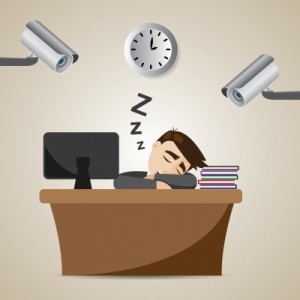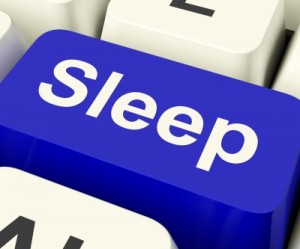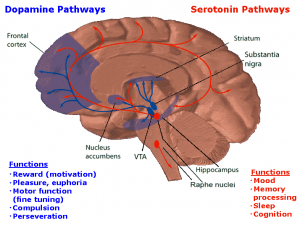 We know that sleep is important for our brain recovery. But does sleep directly impact our bodies’ ability to control our blood sugar?
We know that sleep is important for our brain recovery. But does sleep directly impact our bodies’ ability to control our blood sugar?
A study of type 2 diabetics found that those reporting poor sleep duration and quality were linked to poor blood sugar control[i]. Similar results were observed in healthy individuals limited to 4 hours of sleep for 6 days.[ii]
Some of the impacts from the lack of sleep:
- Decrease lepton (a hormone important in appetite suppression)
- Increased ghrelin (a hormone involved in stimulating our appetite)
- Possible increase in cortisol (stress hormone)
- Reduction in glucose tolerance
- Reduction in insulin sensitivity
What a combination! From my own experience, the hunger that is created results in looking for sweet, salty and/or fatty foods—not vegetables.
When we are tired we look for quick energy. The carbs we seek provide a quick short-term boost. Simple carbs not only provide energy but they trigger a dopamine (the feel good brain chemical) response. Both of these boost are short lived. If they did not come with all the nutrients we need then we quickly seek out another boost.
These tired eating binges not only spike our blood sugar, but they also add to our waist line. This further complicates the insulin resistance problem diabetic’s face.
On top of this add the decreased glucose tolerance and insulin sensitivity. All this combined is not good for healthy people, much less diabetics.
In a recent podcast episode of “Healing the Wounds of War” I discuss 10 Tips for Better Sleep. The information is also applicable to those dealing with diabetes.
Here are some additional web resources (besides the journals listed below)
- http://www.webmd.com/sleep-disorders/excessive-sleepiness-10/diabetes-lack-of-sleep
- http://www.webmd.com/diabetes/features/diabetes-sleep-connection
- http://www.prevention.com/health/diabetes/how-sleep-can-improve-your-blood-sugar
- http://www.uchospitals.edu/news/1999/19991021-sleepdebt.html (a good summery of The Lancet article)
Illustration courtesy of Iosphere on freedigitalphoto.net
[i] Knutson, K, JAMA Internal Medicine “Role of Sleep Duration and Quality in Risk and Severity of Type 2 Diabetes Mellitus” September, 2006 http://archinte.jamanetwork.com/article.aspx?articleid=410883
[ii] Spiegel, K, The Lancet, “Impact of sleep debt on metabolic and endocrine function”, October 1999 http://www.thelancet.com/journals/lancet/article/PIIS0140-6736(99)01376-8/fulltext


